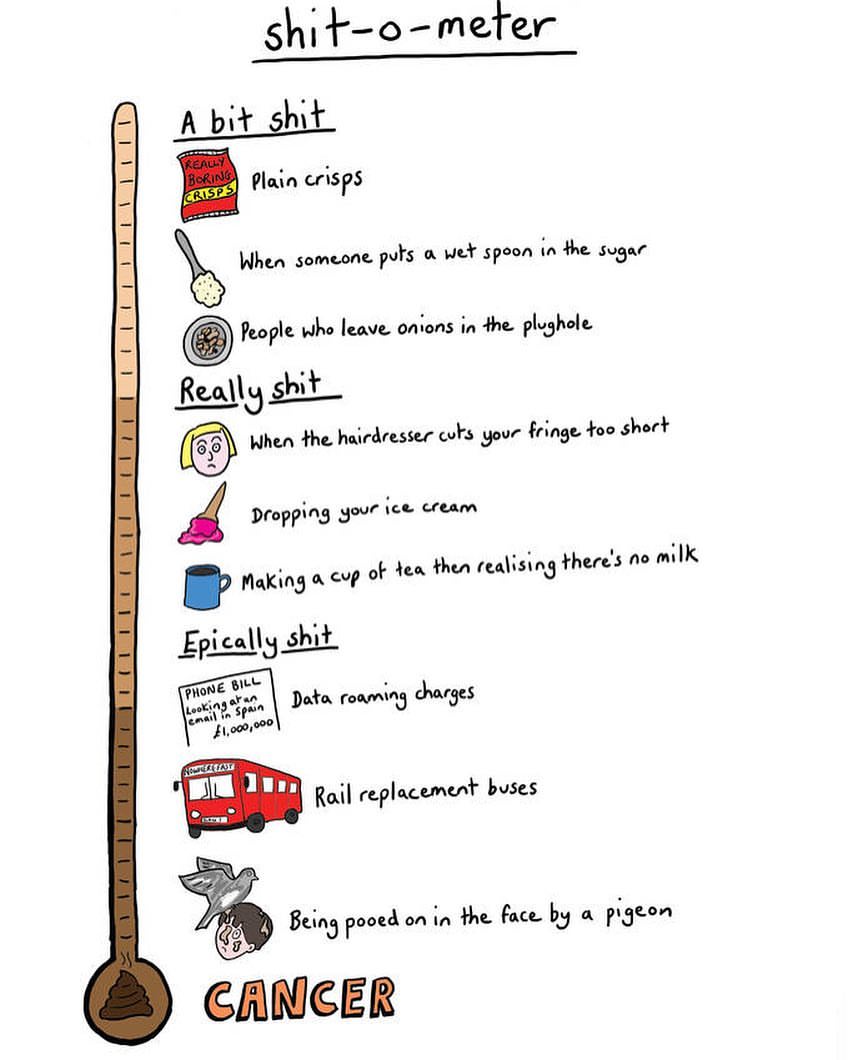The page name, Girls, and HPV
A few people have asked me about the name ‘All adventurous women do’, so I thought I would explain.
In the HBO show Girls (Season 1 Episode 3), by the incredibly talented Lena Dunham (if you haven’t seen it watch it immediately if not sooner), Hannah finds out she has Human Papilloma Virus (HPV). There is a scene where Shoshanna tells Hannah that Jessa says “all adventurous women do [have HPV]” (see video clips)!
HPV is an extremely common virus which most people will contract at one time or another. Worldwide, HPV is the most widespread sexually transmitted virus which 80% of the population will contract at some point in their life. Most of the time the body’s immune system is able to clear the infection easily and it is entirely possible to have the virus without any knowledge.
There are over 100 types of HPV. The majority of HPV types infect the skin on external areas of the body, for example verrucas and warts on feet and hands.
Around 40 types of HPV affect the genital areas and approximately 20 of these types are associated with the development of cancer. Around 13 of these 20 types are considered oncogenic (cancer causing), meaning there is credible evidence that they are directly associated with the development of cervical cancer, therefore are considered high risk. These high risk types of HPV are HPV 16, 18, 31, 33, 35, 39, 45, 51, 52, 56, 58, 59 and 68. High-risk genital HPV types show no symptoms, so a person infected may never even know they have it. Types 16 and 18 are the most prevalent, causing over 70% of cervical cancers (these are the types that the HPV vaccine protects against).
Additionally, there are nine HPV types that may be associated with the development of cervical cancer, but there is not enough evidence for these to be considered high risk types at present. These are HPV 26, 53, 64, 65, 66, 67, 69, 70, 73 and 82.
The remaining genital HPV types are considered low risk because they do not cause cancer. However, they can cause other problems, such as genital warts.
Whilst these types of HPV are predominantly associated with causing cervical cancer, anyone can contract and pass on HPV. Whilst barrier contraceptive methods do lessen the risk of contracting genital types of HPV, it is very easily spread and therefore cannot be prevented altogether.
In the UK HPV testing is carried out as part of cervical screening as it can only be tested from a sample of cells. So, ultimately the only way to monitor whether you have HPV or not and to prevent your risk of developing cervical cancer is through regular and timely screening (and of course through vaccination where appropriate). So go and get your cervix checked out, tell all your friends and family to go and support the vaccination programme for young girls, you might just save a life!
Useful links about HPV:
https://jostrust.org.uk/about-cervical-cancer/hpv
http://www.who.int/immunization/topics/hpv/en/
http://www.nhs.uk/Conditions/vaccinations/Pages/hpv-human-papillomavirus-vaccine.aspx
A clip of Lena Dunham talking about the episode of Girls in question:
A clip from the episode:
Link to Lena Dunham’s instagram (which is brilliant, hilarious and well worth following) and her podcast (which I just discovered):
https://www.instagram.com/lenadunham/
https://itunes.apple.com/gb/podcast/women-of-the-hour/id1049452428?mt=2
Featured image and video courtesy of http://www.hbo.com/girls and https://www.instagram.com/lenadunham/


